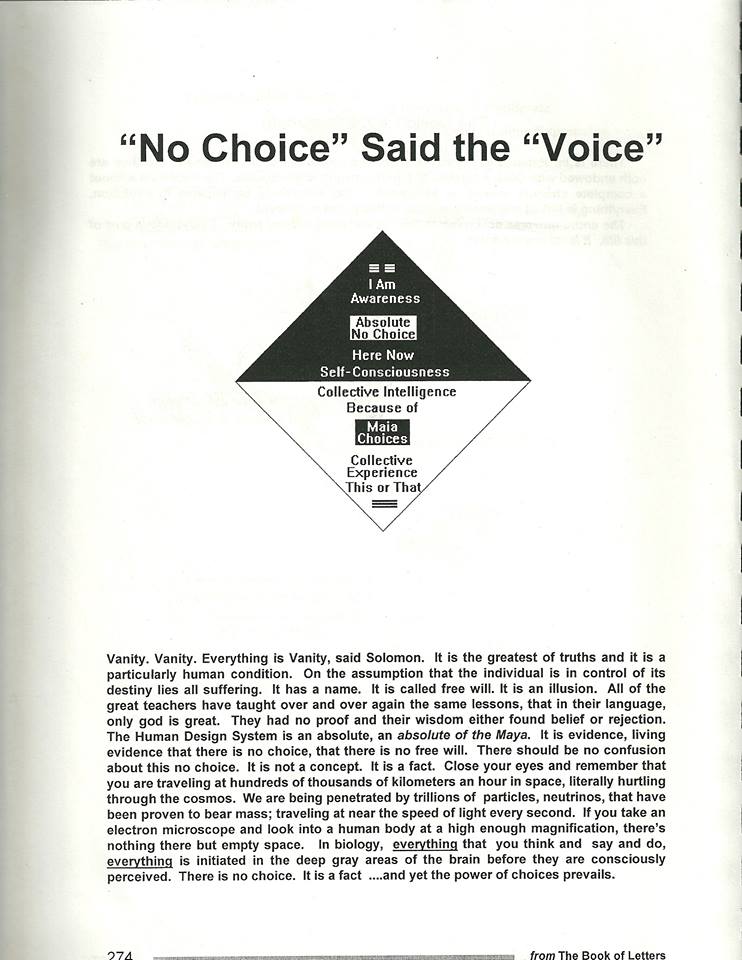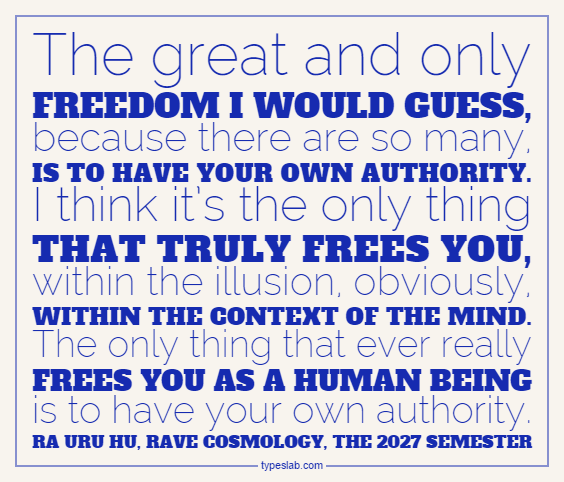It’s like living in a pod





Sex sells, particularly when you’re selling lingerie and sex toys. And now, two of Britain’s top creatives have teamed up to make one of the most extravagant erotic brand films ever—a frenetic two-and-a-half-minute film for London adult retailer Coco de Mer. TBWA\London’s Walter Campbell and renowned photographer/director Rankin provided the creative vision for the film, which packs in a huge number of sexual images and vignettes, along with some other odd imagery. It’s basically an art film with the Coco de Mer logo thrown on the end. But Campbell and Rankin are immensely proud of the spot, which will run online and in cinemas.
![coco-de-mer-hed-2015[1]](https://www.mcha.nl/wp-content/uploads/2015/05/coco-de-mer-hed-20151.jpg)
Rankin, whose résumé includes a ton of top-notch fashion films, tells Campaign that the ad is “definitely the best thing that I have done in film. … It has layers of meaning, and to get that in advertising is rare.” He adds: “Doing something like this is about creating an experience. We’re putting it on a different level. Putting it on a level with enjoying a film. People call it content marketing, but it’s just about making something people want to watch.” Campbell said: “The erotic doesn’t get the same overt attention as everything else on the cultural menu, so we created a film to surprise, excite and most importantly, encourage people to delve that little bit deeper into their fantasies—to reignite that connection.” Several other directors also worked on the film, including Vicky Lawton, Trisha Ward and David Allain. The production company was Rankin Film. Postproduction was done by MPC.
Source: http://www.adweek.com
Isn’t empowerment just more identification?
We don’t -feel- more or less empowered, we -think- to be or not, and then we even call it ‘our experience’
For me, words and wording is very important, both in their meaning as we commonly accept as well as their potential energy. To distinguish between our minds games of latching on to certain made up meanings or beliefs of words and wording is all part of the ongoing experiment of living my Design. And to play with them and tackle them if and when hinted at or openly discovered. That is not a power play by far, but an interest and an enjoyment.
One of the things I am investigating in my experiment, is the notion that many of our concepts, are only mental, are only psychological in nature, and not an actual body experience.
Empowerment, being part of those, is thus an interpretation, and not a felt sense. And to strive for, or encourage empowerment is therefor just another trick of the mind to keep us locked in our opinionated prison, in the illusion of happiness while continuing to suffer greatly.
Read more

This series is about how those in power have used Freud’s theories to try and control the dangerous crowd in an age of mass democracy. Sigmund Freud, the founder of psychoanalysis, changed the perception of the human mind and its workings profoundly.
His influence on the 20th century is widely regarded as massive. The documentary describes the impact of Freud’s theories on the perception of the human mind, and the ways public relations agencies and politicians have used this during the last 100 years for their engineering of consent. Among the main characters are Freud himself and his nephew Edward Bernays, who was the first to use psychological techniques in advertising. He is often seen as the father of the public relations industry.
Freud’s daughter Anna Freud, a pioneer of child psychology, is mentioned in the second part, as well as Wilhelm Reich, one of the main opponents of Freud’s theories. Along these general themes, The Century of the Self asks deeper questions about the roots and methods of modern consumerism, representative democracy and its implications. It also questions the modern way we see ourselves, the attitude to fashion and superficiality.
Happiness Machines. Part one documents the story of the relationship between Sigmund Freud and his American nephew, Edward Bernays who invented Public Relations in the 1920s, being the first person to take Freud’s ideas to manipulate the masses.
Some people have this sense that they are not the killer monkeys some of us claim we all are, as a species.
And I get this sense that those people are indeed not, how they are not the hierarchic killer mob, not the follow the leader do as I say kind of monkeys, whether that leader has been voted in democratically or the role has been taken by force or corruption. Where each individual has a specific role and place, and all are wanted and needed, and sacrifices are made, consciously for the common good of the group, this ‘ruff n tuff’ looking band of killer monkey brothers and sisters,
but they are killer bunnies….
Read more
Is awakening another form of delusion, to be trained into, just like any other mental illusion?
Just like any mental state, a train of thoughts or even perceptions. Is it a narrowing of the mind in certain specific ways, or an opening up?
How do you know, how would you know? How would you be able to tell, to discern?
Read more